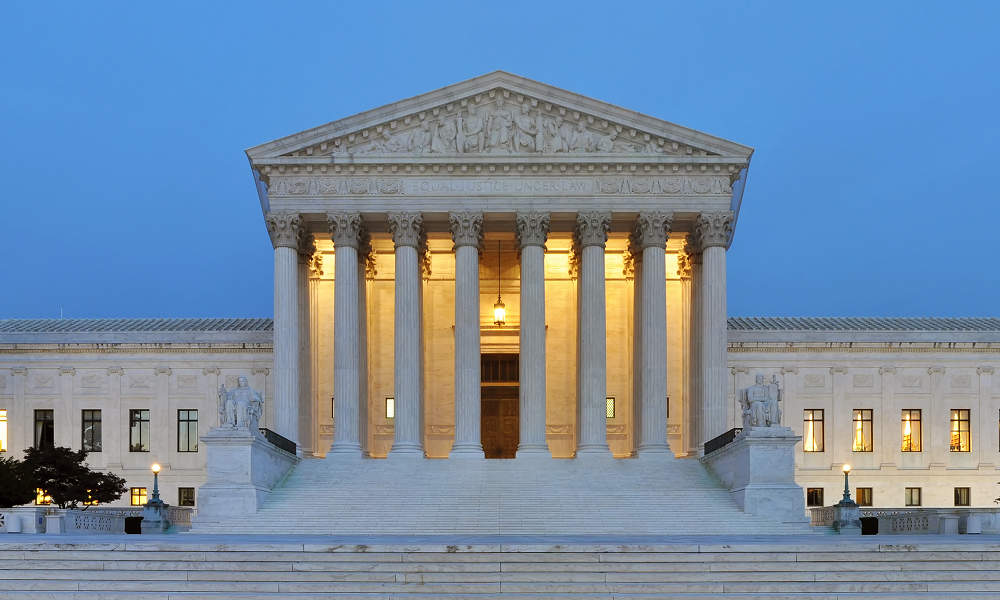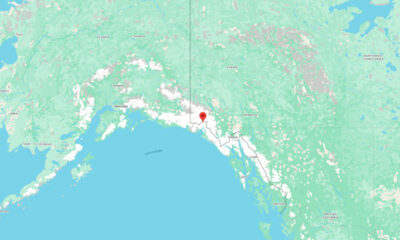Reviews
Criminal Law Procedure: Constitutional Rights for Every Defendant

Two types of laws are used in the United States to deal with harmful acts: criminal and civil law. Each type of law has its purpose; criminal law seeks to punish wrongdoing, and civil law seeks to compensate. In this article, we will look at criminal law, how it works, and what rights every defendant has.
Criminal Law Procedure Explained
Criminal law deals with behavior considered an offense against the public, society, or state. It applies whether only one individual is the victim of wrongdoing or it affects many people. For a layman, understanding the legalities can be tough, so speaking to attorney Omeed Berenjian of BK Law Group can help.
Under criminal law, the person convicted of the crime may pay fines and serve probation but could also lose their freedom by going to jail. However, every person convicted of a crime has rights, regardless of how serious the crime is, and seeking the guidance of a skilled criminal defense attorney can make a crucial difference in protecting those rights.
Criminal law procedure is the overall legal process of adjudicating claims for an individual accused of violating criminal laws. A foundational idea behind this area of law is the “presumption of innocence,” which indicates that an individual under investigation is innocent until proven guilty.
Matters Included in Criminal Procedure
Several matters are covered under the criminal law procedure, starting with stopping, detaining, and arresting a suspect. Next is a search and seizure of property of interest; then, the suspect is booked and charged.
In some cases, eyewitness lineup identifications are used to try to identify a suspect. In most cases, there is plea bargaining, evidence disclosure, and possible trial. At the end of most cases, there is a sentencing hearing, which may result in probation or incarceration.
Criminal Law Procedure: Defendants’ Constitutional Rights
The federal and state governments are the only recognized bodies that can bring a criminal case against a person. Hence, criminal cases are tagged “State v. John Doe” or “US v. Jane Doe.” There are procedures, however, for private citizens to have an arrest warrant issued, but the private citizen cannot initiate a prosecution itself. That is up to the judge.
Meanwhile, the court where the accused is charged depends on the crime the government charges them with. It also depends on the jurisdiction where the crime they are accused of was perpetrated.
The Different Constitutional Rights of Every Defendant
The criminal laws followed in criminal cases differ from the state, as each state has its own set of laws. However, certain constitutional rights apply to every defendant, regardless of their crime or where it occurred. These rights include the following:
- Miranda Rights
Miranda rights stem from a famous Supreme Court case. Every person who is interrogated while in custody must be informed they are entitled to a lawyer, that a lawyer can be appointed to them if they cannot afford one, and that anything the suspect says can be used against him or her in trial.
- Right to a Speedy Trial
Under the Sixth Amendment, the criminal defendant can have a speedy trial. This aims to ensure the accused is not jailed for longer than necessary without adjudication.
- Right to a Jury
Also, under the Sixth Amendment, the criminal defendant has the right to a trial by jury. In this case, the defendant can waive a jury in favor of a bench trial, although this must be the defendant’s choice alone. Furthermore, this right only applies in criminal prosecution; civil trials have separate rules concerning jury rights.
- Right to “Pleading the Fifth”
Every criminal defendant has the right to plead the Fifth Amendment, which protects them against self-incrimination. This right protects the defendant from being forced to testify against their interest, thus demonstrating their guilt in the case.
Conclusion
Regardless of the severity of an individual’s offense, they have constitutional rights protecting them. If you are under criminal investigation and believe your rights have been violated, you should promptly contact a criminal defense lawyer.

-

 Health1 week ago
Health1 week agoFrance confirms 2 MERS coronavirus cases in returning travelers
-

 US News6 days ago
US News6 days agoMagnitude 7.0 earthquake strikes near Alaska–Canada border
-

 Entertainment1 week ago
Entertainment1 week agoJoey Valence & Brae criticize DHS over unauthorized use of their music
-

 Legal3 days ago
Legal3 days agoShooting at Kentucky State University leaves 1 dead and another critically injured
-

 Legal1 week ago
Legal1 week agoWoman detained after firing gun outside Los Angeles County Museum of Art
-

 Business1 day ago
Business1 day agoUnpublished TIME cover suggests AI leaders may be named Person of the Year
-

 Health1 week ago
Health1 week agoEthiopia reports new case in Marburg virus outbreak
-

 Entertainment1 week ago
Entertainment1 week agoSeveral countries withdraw from 2026 Eurovision after Israel is allowed to participate




